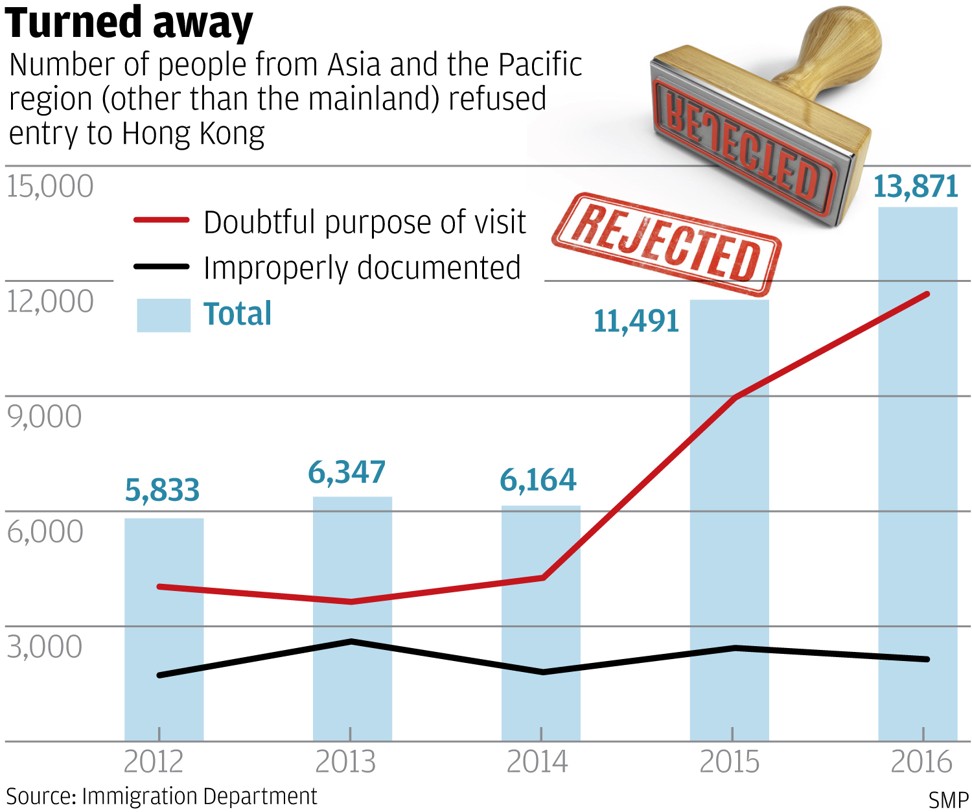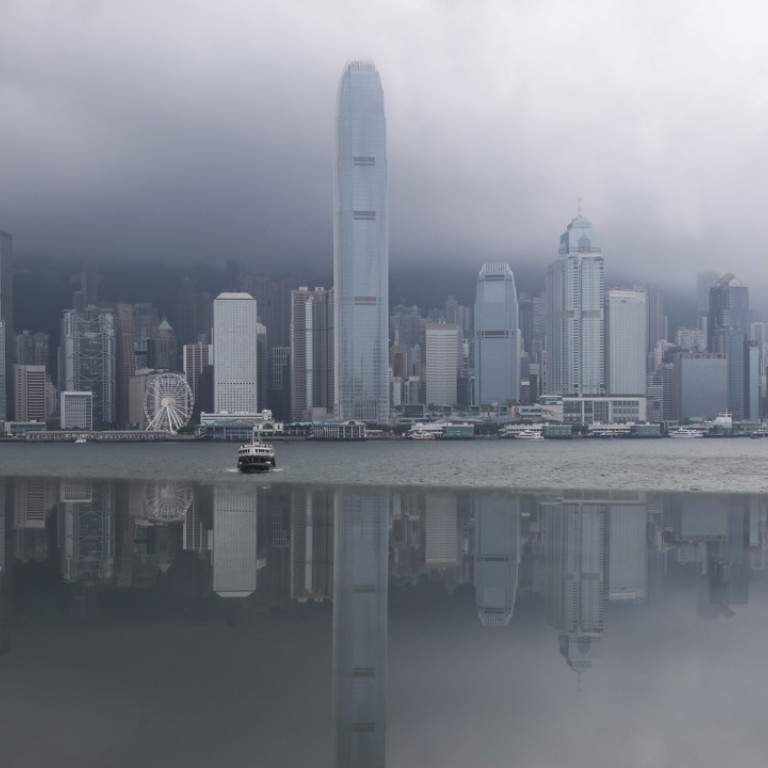
Exclusive | More travellers from Asia-Pacific region refused entry to Hong Kong amid heightened terrorism fears
Number barred from the city more than doubled in past three years to reach 14,000 in 2016
Almost 14,000 people from across Asia and the Pacific region were refused entry to Hong Kong last year, with most of them told the purpose of their visit was “doubtful”.
That figure has more than doubled in the past three years, according to official statistics, and experts say the trend could be a result of heightened fears over terrorism.
Statistics provided by the Immigration Department showed 13,871 people in the region were denied entry in 2016. Some 11,667 were rejected over a “doubtful purpose of visit”, 2,147 did not have the proper documentation, including visas, and 57 held forged travel documents.
The department did not provide any further details on the reasons for refusal.
Whereas the overall number of rejected travellers declined slightly from 56,855 in 2015 to 53,499 in 2016 for the first time in six years, official figures showed there was an increase of people from Asia Pacific being turned away.
In 2016, there were 13,871 travellers from this region who were refused entry into Hong Kong – representing 30 per cent of those who were turned away – whereas there were 11,491 people who faced similar situations in 2014.
Security consultant and former police superintendent Clement Lai Ka-chi said the rise could be attributed to “a more firm attitude” from local law enforcement agencies and the fact Hong Kong could “potentially be an easy target for a terrorist attack”.
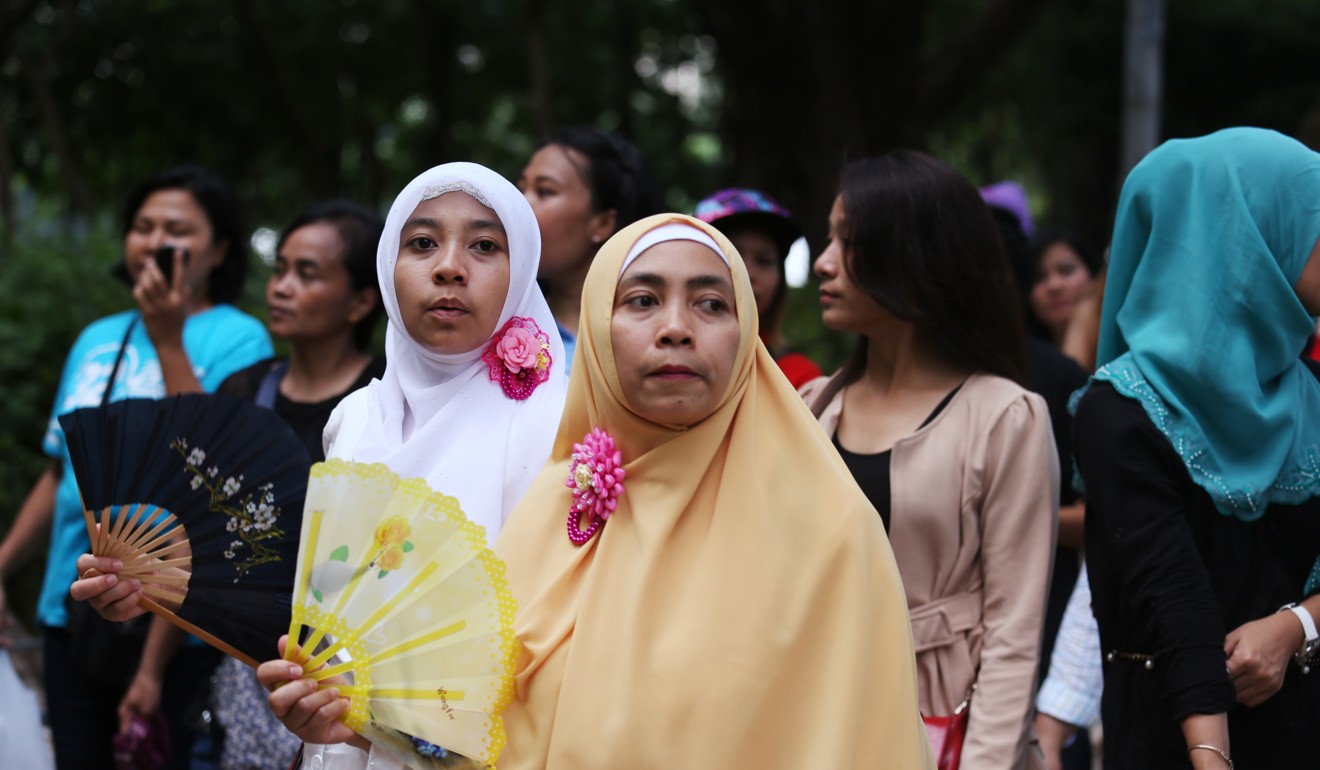
The Immigration Department did not provide any country-based breakdown of its figures, except for mainland China, which was the largest source of people refused entry, at 37,959 last year.
Asia and the Pacific region – excluding the mainland – was the second-largest source of refusals. It is the only region out of five that has seen a dramatic increase in people barred in recent years. In 2012, there were only 5,833 people from the region denied entry. A significant jump then took place between 2014 and 2015, from 6,164 to 11,491 people.
Hong Kong rights lawyers allege pattern of mistreatment in immigration detention centre
Between those years, there was also an increase in the overall number of people turned away – from 42,177 to 56,855. That was despite a drop in the total number of visitors in 2015.
According to official statistics, arrivals in Hong Kong reached 59.3 million that year, representing a 2.5 per cent decrease compared with 2014.
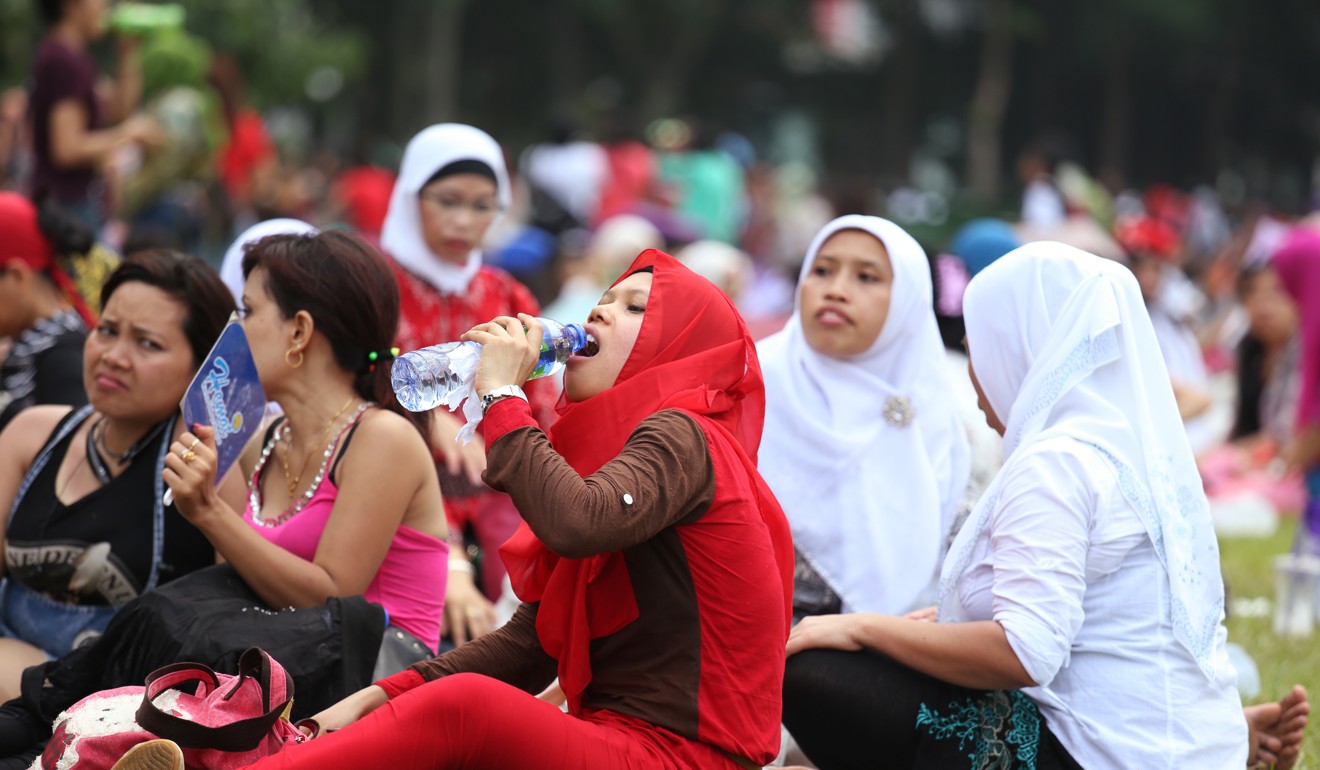
There were also reports that month that an Indonesian helper had left Hong Kong to join Islamic State militants in Syria.
Indonesia is the world’s most populous Muslim-majority country and a major source of domestic workers for Hong Kong’s economy.
Lai, a founder of the Hong Kong police force’s counterterrorism unit, reacted to the refusal figures with surprise.
Hong Kong immigration restriction on gay and lesbian visas due to 'social well-being' concerns, High Court told
“They are encouraging and shocking at the same time ... I am glad the government is taking a more proactive approach, daring and determined to refuse entry,” he said.
Several factors had to be taken into account in refusing someone entry, Lai said, including international threats, the background of the traveller, their nationality and travel history.
“The fact Hong Kong is ... densely populated increases the potential damage from an attack,” he said. “An attack would have a greater impact here than in Europe … There would be more damage, more people hurt and of more nationalities.”

Lai said that in future the anti-terrorism unit would probably have to take an even more proactive strategy.
“Personally I don’t think what is being done is enough,” he said. “I think there should be more public education ... That is a very important part of prevention and raising awareness.”
According to the think tank report, radicalised helpers were not interested in carrying out an attack in Hong Kong, but were providing funds and arranging trips to Syria for extremists – sometimes via Hong Kong.
Immigration officials in Hong Kong must improve quota system for helpers
Lai said that to be “a hub and an operational base for terrorism could be even more damaging than having an attack ... If Hong Kong becomes an operational base, it loses the reputation and advantages of being a safe city.”
Lai noted the difficulty involved in disrupting the online communications of extremists, and said the police therefore had to detect radicalisation through stricter immigration controls and undercover investigations.
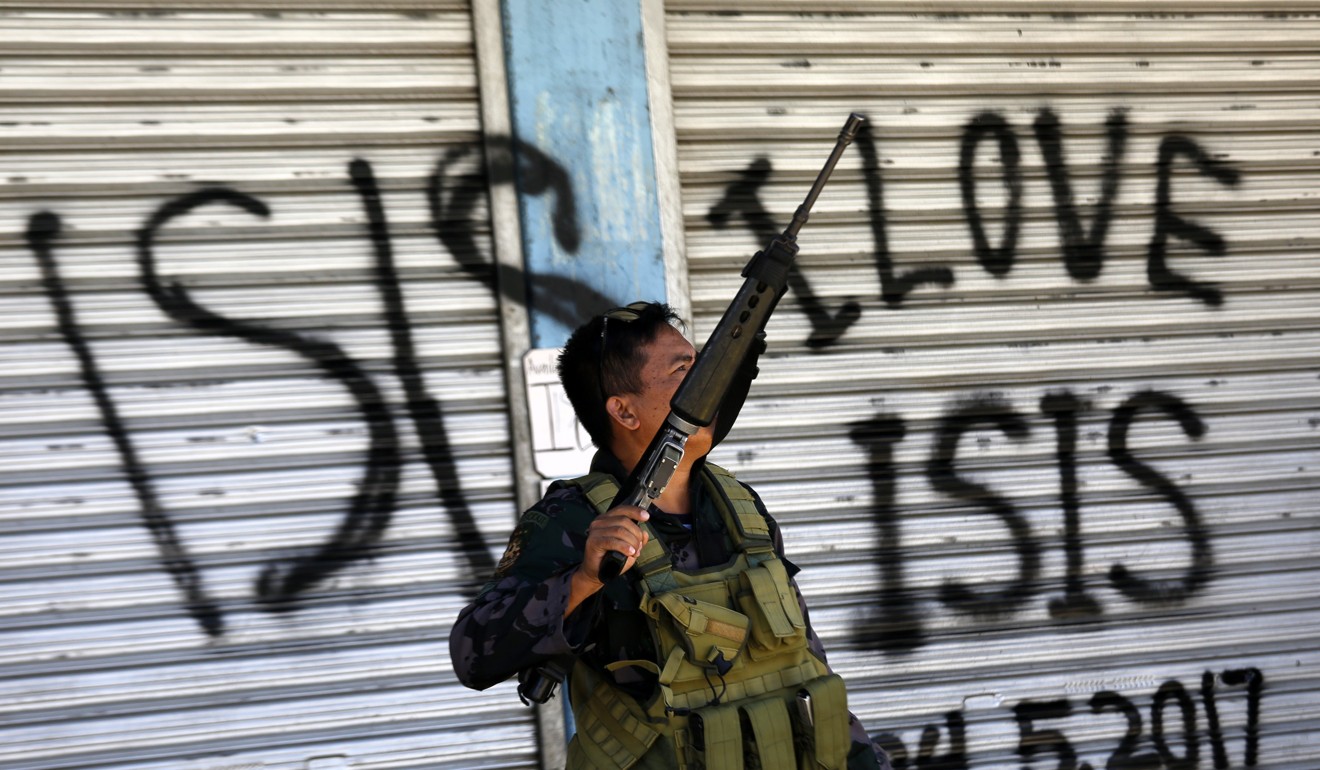
Romlah Rosedah, chairwoman of the Indonesian Migrant Muslim Alliance in Hong Kong, said Indonesian domestic workers had occasionally been questioned by police.
“Islamic State can make us feel very uncomfortable. I understand the police are concerned about it,” she said.
Rosedah said she was aware that some ustadz – Islamic teachers – invited to deliver talks in the city had been barred from entering.
Hong Kong police would not reveal how many helpers had been investigated or deported on suspicion of being involved in extremist activity, nor the number of preachers banned from entering the city.
Hong Kong’s immigration policy: a help or hindrance to business?
Concerns over extremism have grown in several Asian nations. Indonesian authorities, currently facing increasing religious and political tensions in the country, reportedly turned down hundreds of passport applications last year over fears the majority wanted to join Islamic State in the Middle East.
At the end of last year, Singapore said it had repatriated almost 70 foreigners, including five domestic helpers, for suspected extremism since 2015. In July, two radicalised helpers were deported.
Meanwhile, Philippine troops are trying to win control of the southern city of Marawi, in Mindanao, after it was seized by pro-Islamic State militants in May.
A spokesman for the Hong Kong police said this week that there was “no specific intelligence to suggest Hong Kong is likely to be a target of terrorist attacks”.
The city’s terrorist threat level remains “moderate”.


